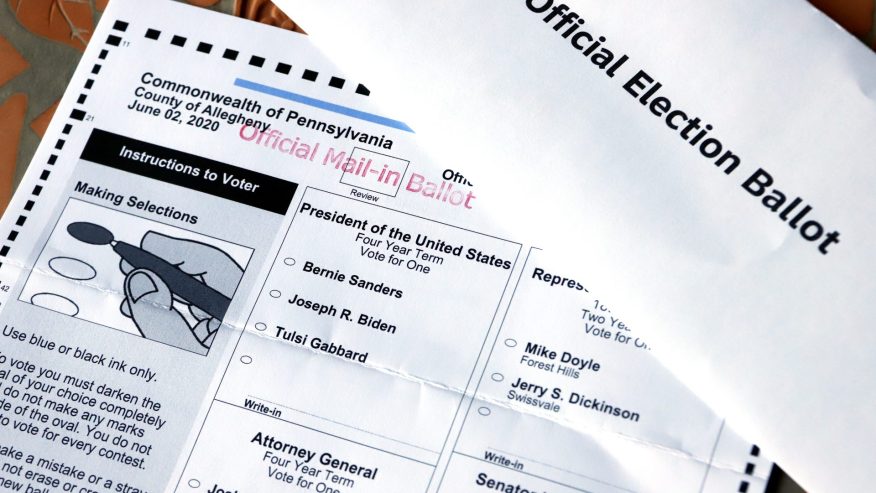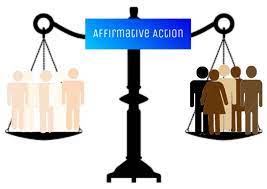Faced with soaring Ds and Fs, schools are ditching the old way of grading because #racist
The schools aren’t the problem. The standards are.
The urgent need for change became painfully apparent during pandemic-forced school closures as educators grappled with how to fairly grade students living through an unprecedented disruption to their education. Some of the challenges that students faced were unique to the pandemic. Others had long been present and were more visible.
Suddenly, teachers had an inside view of the crowded home conditions of some low-income students. They saw how some teenagers were caring for younger siblings while trying to do their own work and witnessed the impact of the digital divide as students with spotty internet access struggled to log on to class.
“The COVID pandemic just highlighted across the nation a trend of looking at the inequities in learning circumstances for students,” said Carol Alexander, director of A-G intervention and support for L.A. Unified. “But those different circumstances of learning have always been present.”
Feldman, a former teacher and administrator who wrote the book “Grading for Equity,” had been working for several years with school districts across the country as they reconsidered grading policies. In October and November of the 2020-21 academic school year, he suddenly found himself fielding a “tidal wave” of calls from districts, as teachers issued progress reports and realized that Ds and Fs were skyrocketing.
“Our traditional grading practices have always harmed our traditionally underserved students,” Feldman said. “But now because the number of students being harmed was so much greater, it got people more aware of it and ready to tackle this issue.”
Several school districts across California, reflecting a diversity of demographics, are taking steps toward revising grading with an eye toward equity. Some have formally adopted new policies while others are offering training and support for teachers who want to grade differently.
Last year, West Contra Costa Unified, which is majority Latino, issued a memo encouraging secondary teachers to give students a five-day grace period to turn in work and eliminate zeroes in grade books.
Placer Union High School District, where a majority of students are white, has directed teachers to base grades on “valid evidence of a student’s content knowledge and not…on evidence that is likely to be influenced by a teacher’s implicit bias nor reflect a student’s circumstances.”






